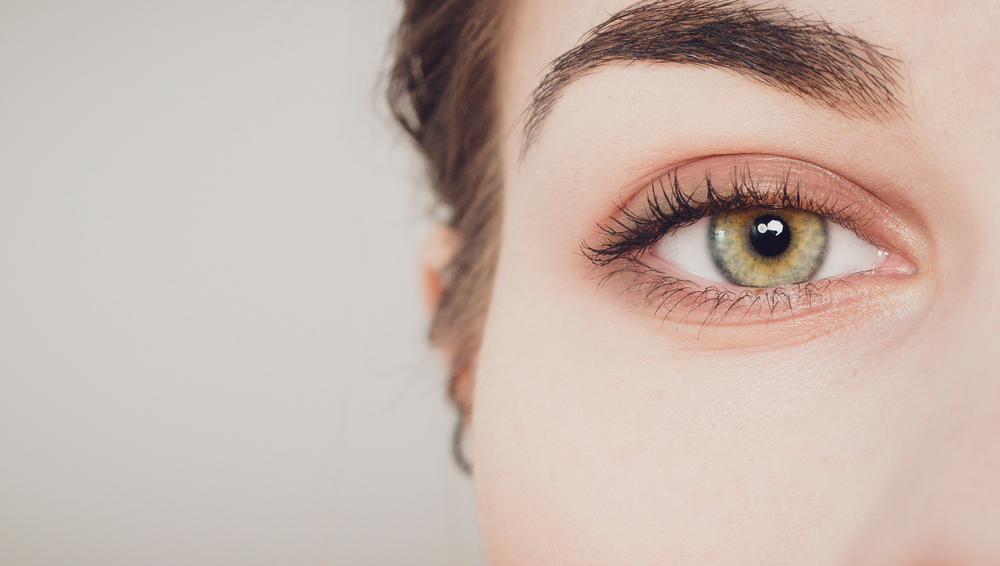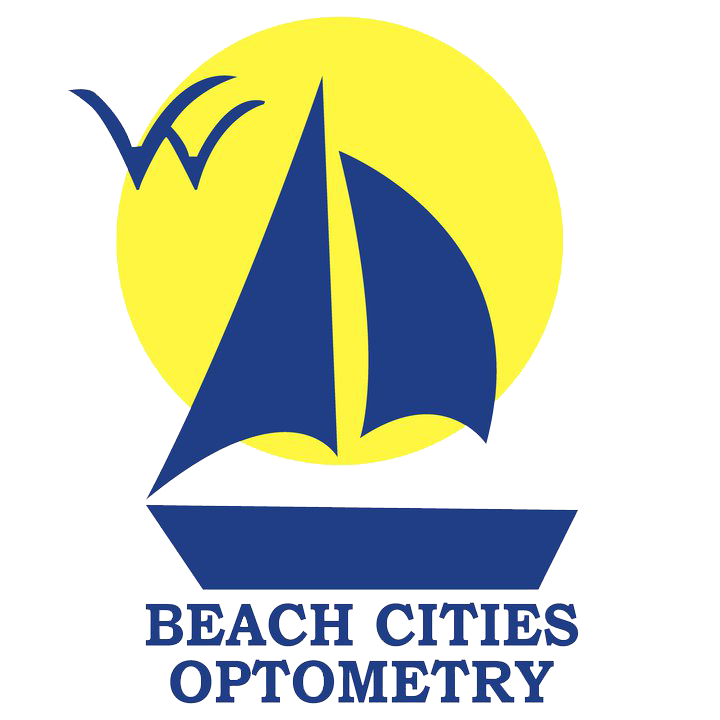
Refractive surgery or LASIK is a popular procedure for correcting poor vision. It is popular because of its success in correcting nearsightedness, farsightedness, and astigmatism. The success rate lies somewhere around 90 percent. However, the procedure is not for everyone. So, how do you know if it is right for you?
Here is a checklist:
Your Eyes Must Be Healthy
Additional conditions or eye diseases affect how your eyes will respond to surgery. They will slow down healing. If you have persistent dry eye, refractive surgery may worsen the condition. Healthy eyes have adequate lubrication for the eyes to heal.
Part of the screening before refractive surgery is for dry eye. The doctor may recommend treatment for your dry eye first. The doctor can perform your refractive surgery once your symptoms are better and under control.
You Must Have Overall Good Health
Diseases like diabetes and certain autoimmune conditions can affect your fitness for refractive surgery. These diseases make it difficult to operate. They also affect your healing. They may cause you to have poor circulation, affecting how fast oxygen and nutrients get to the treatment area. It causes your wounds to heal slowly or not at all.
Your Cornea Has Sufficient Thickness
Refractive surgery improves visual acuity by reshaping the front surface of the eye. If the corneal surface is too thin, it makes the surgery difficult. If it is irregular, it compromises the results and may impair your vision. But with advances in laser technology, more people who could not be candidates can now undergo refractive surgery.
There are alternatives if you are still not a good candidate for refractive surgery despite the advances. One of these is implantable lenses through refractive lens surgery.
Your Prescription Must Be Within Certain Limits
Your doctor may not agree to perform refractive surgery if your prescription is not within certain limits. They will do this because the treatment for high refractive errors is unpredictable. The surgery may not work and may also have potential risks. It may result in too much corneal tissue removal, increasing complications.
Stable Vision Prescription
Teenagers and young adults often experience changes in their prescriptions. Whether they use contact lenses or eyeglasses, the power may change every year. Refractive surgery requires that your prescription is stable for at least 12 to 24 months.
It is vital as it informs the surgeon that no more changes to your eyeball and cornea are likely. Therefore, your eyes can heal without any other complications.
Over the Age of 18
To get refractive surgery, you need to be over 18 years old. When you are 18, your eyesight may start stabilizing, and you may not need to change prescriptions as often as before. Before 18 years, you are still growing, and your sight may be changing. You may also have hormonal changes due to puberty. These may affect your vision. Hence, it may also affect your healing and the refractive surgery results.
To know if you are a good candidate for refractive surgery, visit Beach Cities Optometry at our office in Manhattan Beach, California. You can call (310) 376-8975 today to schedule an appointment.







